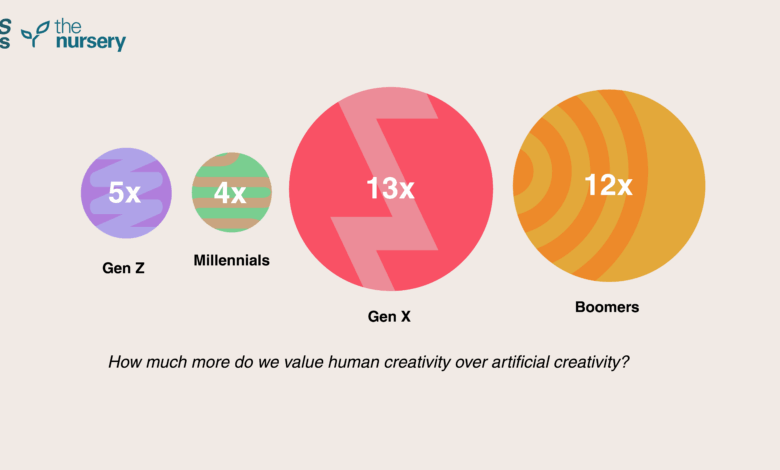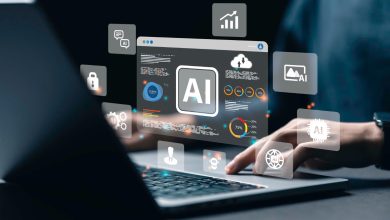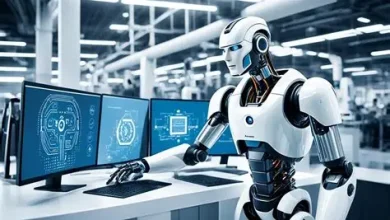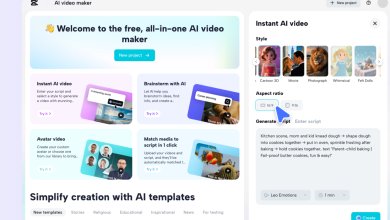
AI is becoming a fixture of daily life, particularly among younger generations. Our research found that over half of Gen Z and Millennials already use AI tools daily, while Millennial men are the demographic most likely to be regular users.
Still, not everyone is sold on the technology. Only 17% of Gen Z said they’re excited about the potential impact AI will have on their future, while 65% feel concerned. Though Millennials are slightly more optimistic, just over a quarter (26%) feel excited about its future, while more than half (55%) said they’re concerned.
How much do different generations value AI creativity compared to human creativity?
Underneath this pessimism is a growing tension between AI’s ability to both boost creativity and kill authenticity.
While The Velvet Sundown, an AI-generated band, has already amassed 1.5 million monthly listeners according to Spotify, our research has shown that, across all generations, people continue to value human creativity significantly higher than AI-generated creativity. Our team ran an experiment in which we showed people a piece of art and asked how much they thought it was worth. We then revealed that an AI robot called Ai-Da created the artwork and asked them to value it again. The difference was notable. Gen X and Baby Boomers valued the human-made artwork 12-13 times higher than AI-created art. Even Gen Z and Millennials felt that the art was worth 4-5 times more when they thought it a human had created it.
How is AI being used for creative pursuits?
AI is regarded as a creative tool. In our study, over half of Gen Z (57%) and Millennials (58%) said that it boosts creativity. When asked how they are using AI, only 12% of Millennials users and 7% of Gen Z reported using it for creative reasons – compared to 45% and 28% who are using it in the workplace already.
But has AI got to the point where it’s replacing the role of a friend or colleague to bounce around ideas or for a final proof-read? Those using AI for creative endeavours said they tend to do so for idea generation, especially if they’re struggling to get started or to brainstorm ideas. Respondents reported that they also use it to finesse their creative output, editing videos or final content.
So, AI might be the starting point for inspiration, but for a compelling piece of art that really connects with an audience, will it ever be the end point?
The acceptable parameters of AI are not as clear cut as it may seem
Digital pinboard Pinterest describes itself as a visual search and discovery platform where people can find inspiration and curate ideas. This may align with our findings for how AI is being used creatively, but the growing volume of AI-generated content on the platform has been met with backlash from its users – many of whom feel frustrated by this artificial content, claiming they go to Pinterest for authentic inspiration and not artificial perfection they could never achieve.
The capacity for AI to emulate artistic style also captivates and disturbs us. For example, users can freely upload photos into a generative AI model and have it return the image in the style of Studio Ghibli – making the beloved style from films like Spirited Away and My Neighbour Totoro feel accessible to all. However, many of us, including the creator of these films, Hayao Miyazaki, are deeply troubled by this development, because the models are built without artists’ consent or payment, and it removes the human element from the creative process. Miyazaki is a member of the Baby Boomer generation, seeing the rapid rollout of this technology and it’s blurring of the lines.
Cautiously engaging with the inevitable
Despite their higher usage, Gen Z and Millennials still feel uneasy about AI’s effect on people and the world around them. Our survey found that Gen Z are more likely than any other generation to say that AI will increase wealth inequalities, have a negative impact on the environment, and lead to more job loses than it creates. So, while they are embracing this new technology, they are doing so with caution.
That said, younger people have a more positive view of social media – another one of modern life’s ubiquitous digital platforms – than their older counterparts. According to our research, more than 7 in 10 Gen Z and Millennials believe social media has helped improve creativity, compared with 54% of Gen X and 37% of Baby Boomers.
As AI continues to develop rapidly and become even more embedded in our everyday lives, will the perceived benefits grow closer to the positive perceptions that younger generations have around social media? Time will tell.
Research: The research was conducted by The Nursery and Planning between 16th April and 1st May 2025, with a nationally representative sample of 4,450 adults across the UK and US. Region, age, and gender variations are available on request.




